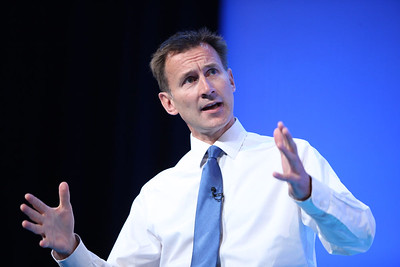
Recent news highlights Jeremy Hunt’s plans to reduce public spending plans to fund tax cuts ahead of a pre-election Budget and to reform the Individual Saving Regime (ISA). ISAs are a type of savings account which have favourable tax status, meaning UK residents do not pay any income tax or capital gains tax on the interest or returns culminated from an ISA.
Jeremy Hunt plans to reform ISAs by allocating an additional £5,000 tax-free allowance for UK-listed equities, on top of the current £20,000. The plan aims to rejuvenate retail investment and encourage more people to invest in British companies. However, the proposal faces opposition and scepticism due to the government’s failure to deliver on previously announced plans and fears that the proposals will add unnecessary complexity to the ISA savings regime and narrow choices for consumers. This is as the plans may incentivize investors to focus disproportionately on UK-listed equities, potentially neglecting diversification, and other asset classes. This therefore is feared to increase risk for investors and limit the flexibility of the ISA system, which is designed to encourage a diverse range of investments.
Furthermore, recent news headlines highlight Chancellor Jeremy Hunt’s consideration of reducing public spending plans to fund tax cuts ahead of a pre-election budget. This move comes amid tight fiscal conditions and rising borrowing costs, for example interest costs on government borrowing have increased to above 4%. This limits the government’s ability to enact expansive fiscal measures. This has led to reports of discussions over the possibility of further spending restraint after 2025 if official forecasts indicate insufficient fiscal headroom for tax cuts, and reducing projected spending rises to release funds for tax cuts. However, the proposed reduction in public spending could have implications for public services, with unprotected departments facing real-terms cuts and risks associated with funding tax cuts by squeezing public service budgets. The Shadow Chancellor, Rachel Reeves, has previously accused Jeremy Hunt for undertaking a “scorched earth” policy, i.e. cutting taxes, and limiting cash for public services. Nonetheless, Reeves has not asserted whether Labour will vote for the March 6 package containing the tax cuts.
Image: Jeremy Hunt, NHS Confederation, 2014 // CC BY 2.0 DEED



Average Rating